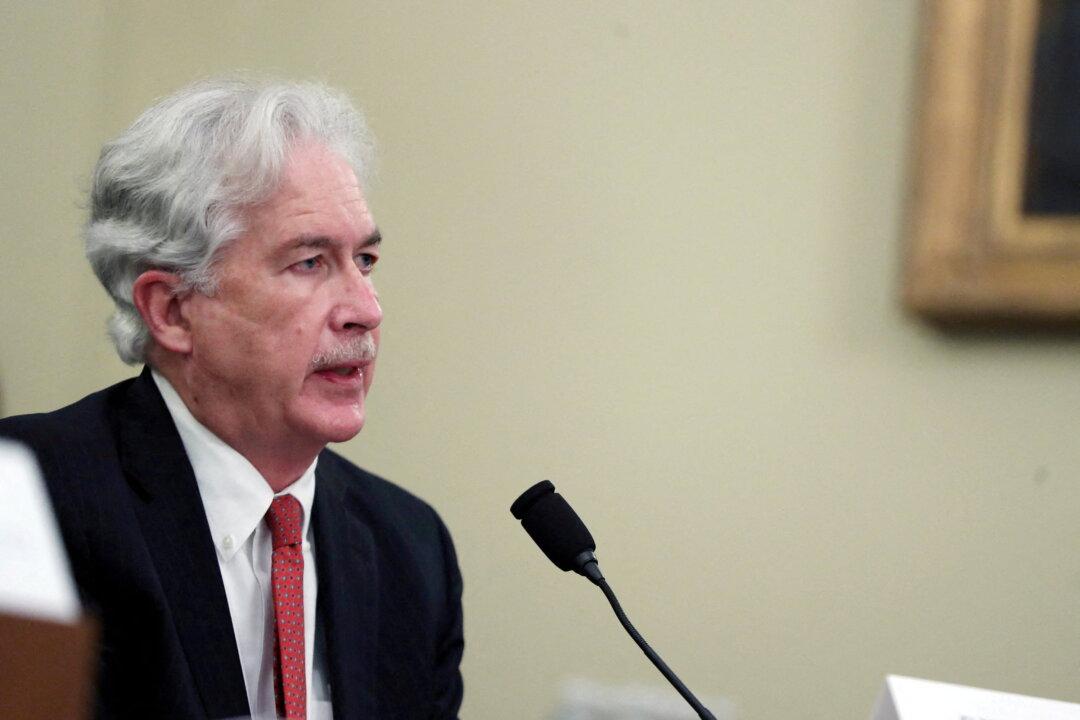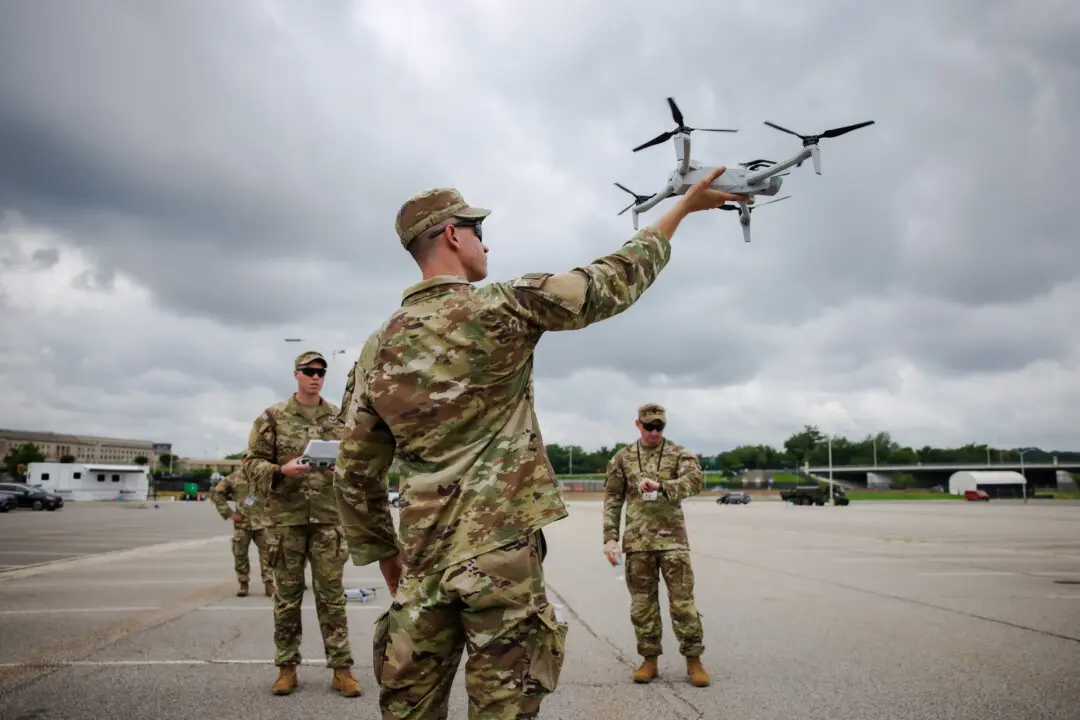As nuclear rhetoric from Russia escalates tensions with the West, Central Intelligence Agency (CIA) director William Burns said Russian spy chief, Sergey Naryshkin, understands there will be “serious consequences” for Russia if U.S. warnings against nuclear arms use in Ukraine are ignored.
During a Feb. 26 interview with the CBS talk show “Face The Nation,” Burns said, “What [President Joe Biden] asked me to do, which was to make clear to Naryshkin, and through him to President Putin, the serious consequences should Russia ever choose to use a nuclear weapon of any kind.”





